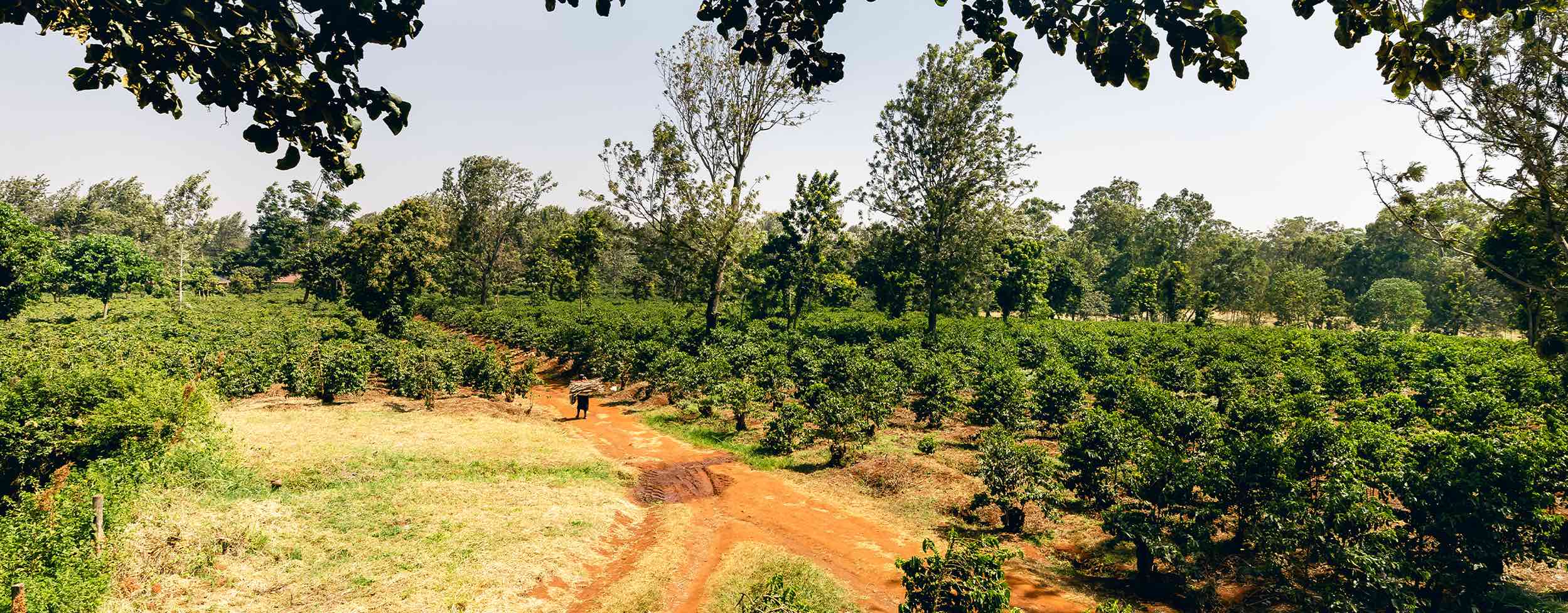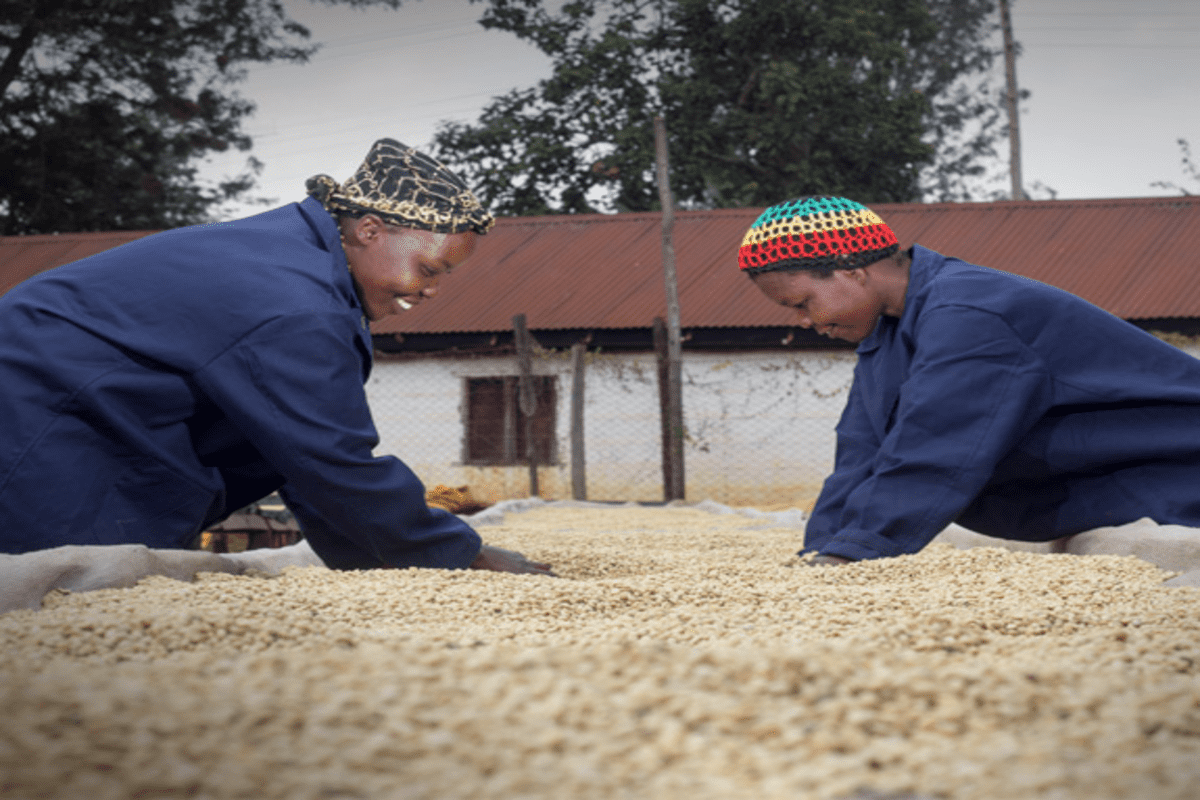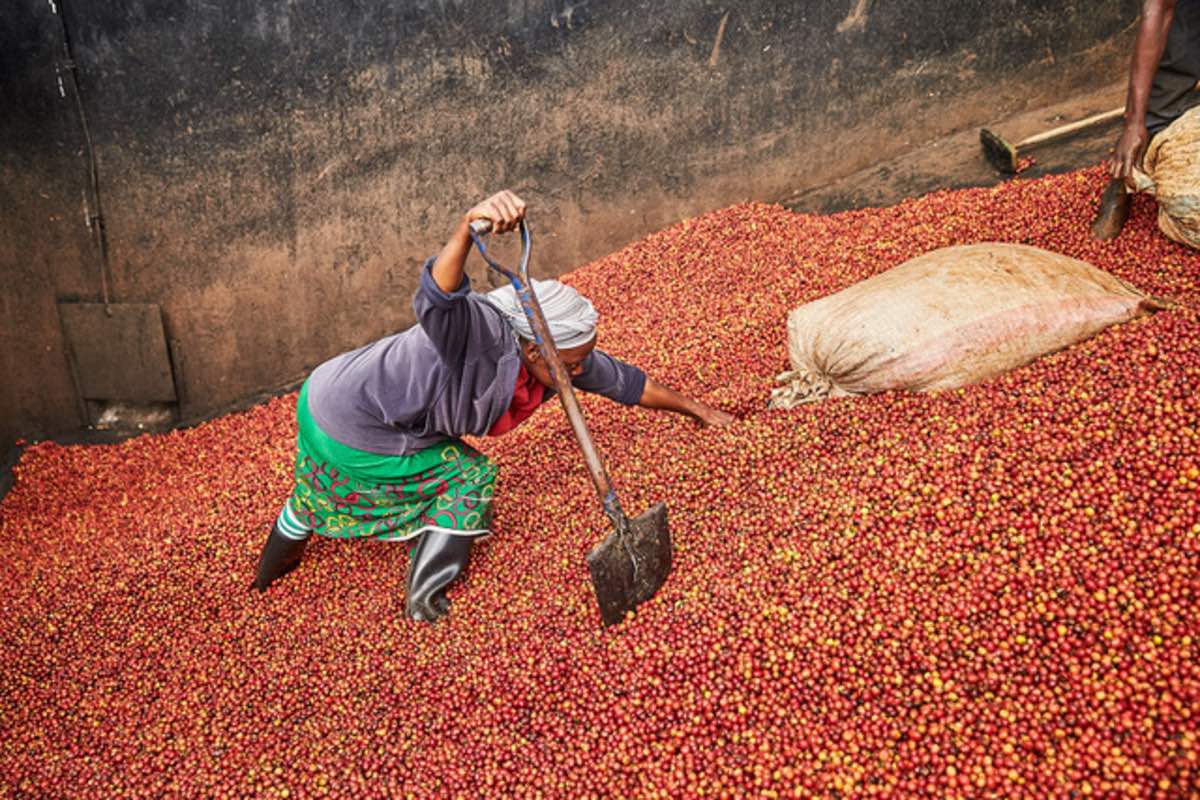
The Complex Dynamics of Trade Liberalisation in Coffee Origins
Introduction
In the world of international trade, the concept of liberalisation has long been hailed as a catalyst for economic growth and prosperity. Endorsers argue that by reducing barriers and opening up markets, trade liberalisation facilitates competition, expands access to global commerce, and fosters innovation.
However, when it comes to the intricate world of coffee production, the reality of trade liberalisation is far from straightforward. While success stories like Vietnam’s coffee industry boom illustrate its potential benefits, the experiences of smallholder farmers reveal a different picture—one marked by challenges and disparities.
The Potential of Trade Liberalisation:
Vietnam stands as a prime example of the transformative power of trade liberalisation. Following the “Doi Moi” economic reforms in 1986, which embraced trade liberalisation, Vietnam’s coffee production and exports experienced exponential growth.
The country, once centralized and state-controlled, now boasts the title of the world’s second-largest coffee producer, thanks to a more competitive and dynamic coffee sector fueled by both public and private investments.
Unequal Distribution of Benefits:
At its core, trade liberalisation aims to dismantle the barriers that hinder market access and inhibit fair competition. In many coffee-producing regions, such barriers take various forms, from government-regulated pricing to restrictions on export licenses.
Kenya’s historical reliance on a centralized system for coffee regulation, for instance, often resulted in prices detached from global market forces, leaving farmers with diminished incomes. Similarly, limited export opportunities due to government-approved buyers monopolizing the market have hindered the growth potential of coffee sectors in various countries.
Challenges Faced by Smallholder Farmers:
However, the transition to a liberalised trade environment is not without its complexities. While trade liberalisation can theoretically empower smallholder farmers by providing access to a broader buyer pool and fairer prices, the reality is often strikingly different. Rural farmers, lacking infrastructure and support networks, find themselves at a disadvantage compared to larger farms equipped to navigate the complexities of international trade.
Potential Pitfalls and Considerations:
Coffee economist (Dagmawi Iyasu) emphasizes the importance of nurturing an ecosystem that supports local businesses and farmers to capitalize on liberalised trade environments fully. “Trade liberalisation, he argues, should be designed to safeguard the economic stability of communities and sectors, rather than catering solely to specific interests.”
Moreover, the benefits of trade liberalisation can be undercut by challenges such as the erosion of labor standards and the imposition of restrictive regulations by consuming countries. The looming EU deforestation laws, for example, threaten to increase production costs for coffee farmers, potentially offsetting any gains from reduced domestic trade barriers.
The Importance of Supporting Smallholders:
In the face of these complexities, it becomes evident that trade liberalisation alone is not a remedy for the challenges facing struggling coffee origins. Instead, it must be accompanied by comprehensive policy interventions tailored to the specific needs of each region. Supporting smallholder farmers, enhancing infrastructure, and ensuring inclusivity within the coffee supply chain are essential components of a holistic approach to sustainable development.
Conclusion
While trade liberalisation can catalyse progress, its success hinges on a multifaceted strategy that addresses the diverse realities of coffee-producing communities.
Recognizing that the coffee industry is inherently complex, stakeholders must embrace refined solutions that prioritize equity, sustainability, and resilience. In doing so, it is possible to navigate the complexities of trade liberalisation to unlock the true potential of coffee origins worldwide.
Reference : Coffee Intelligence





